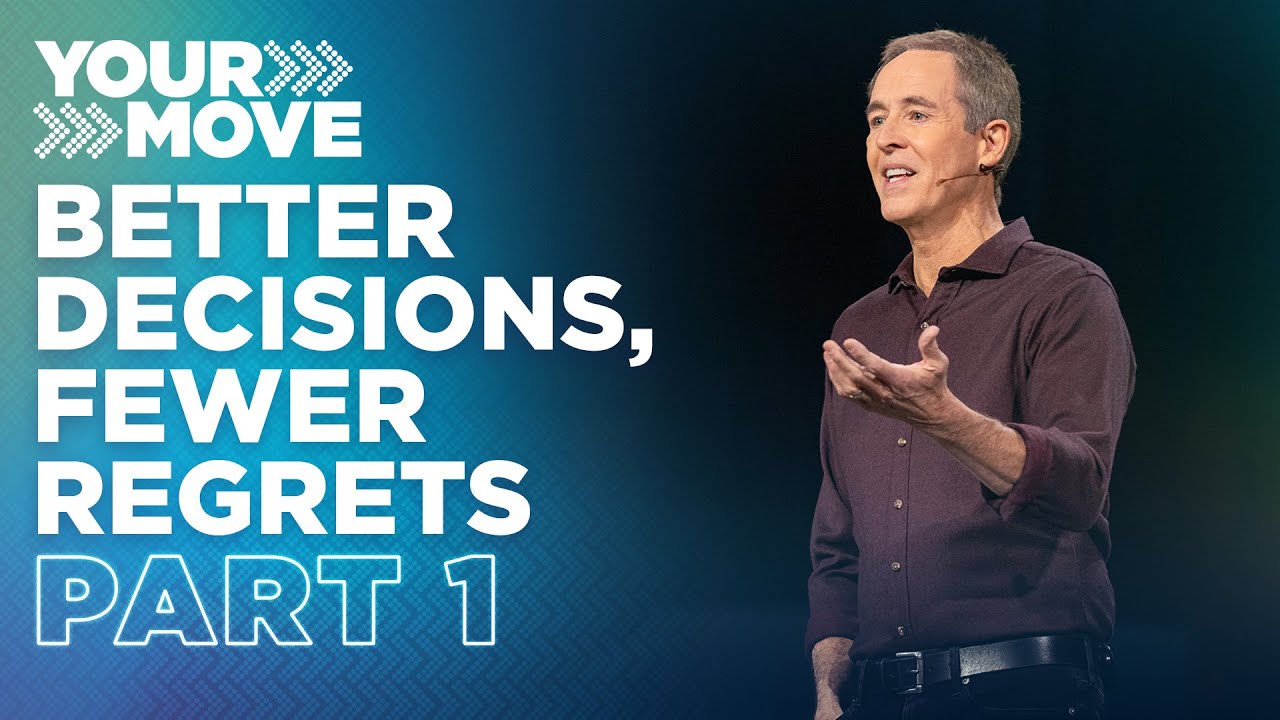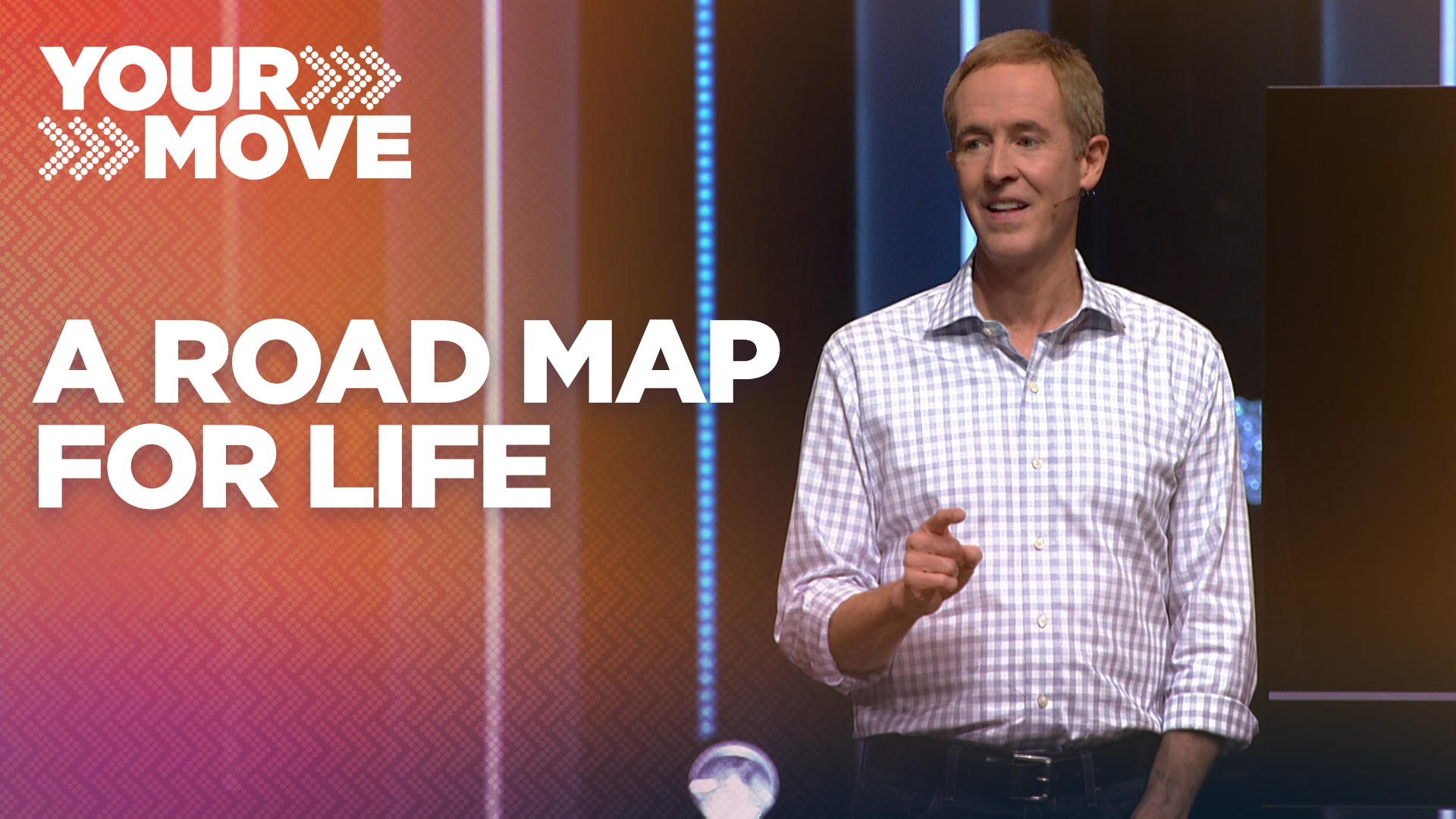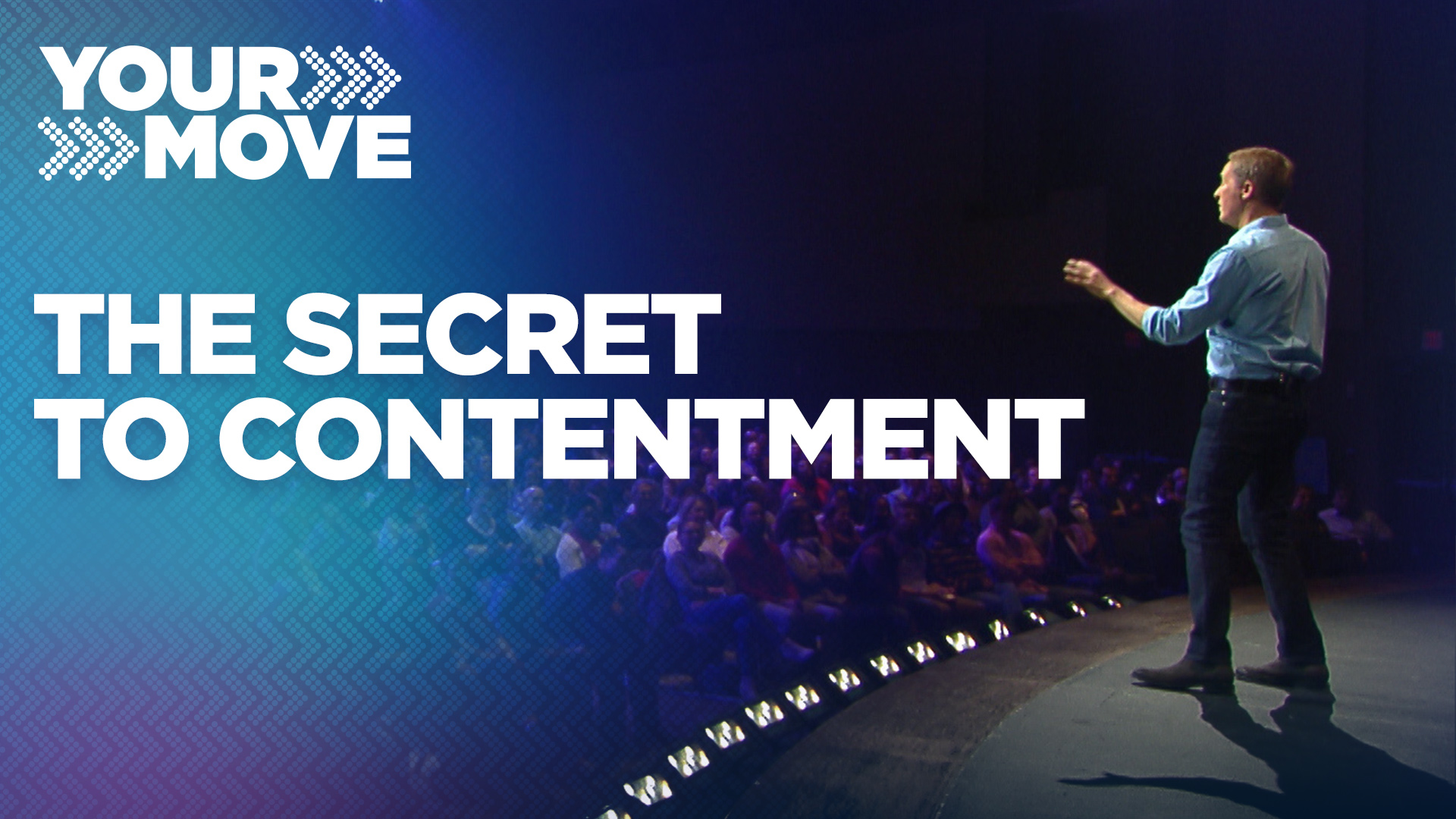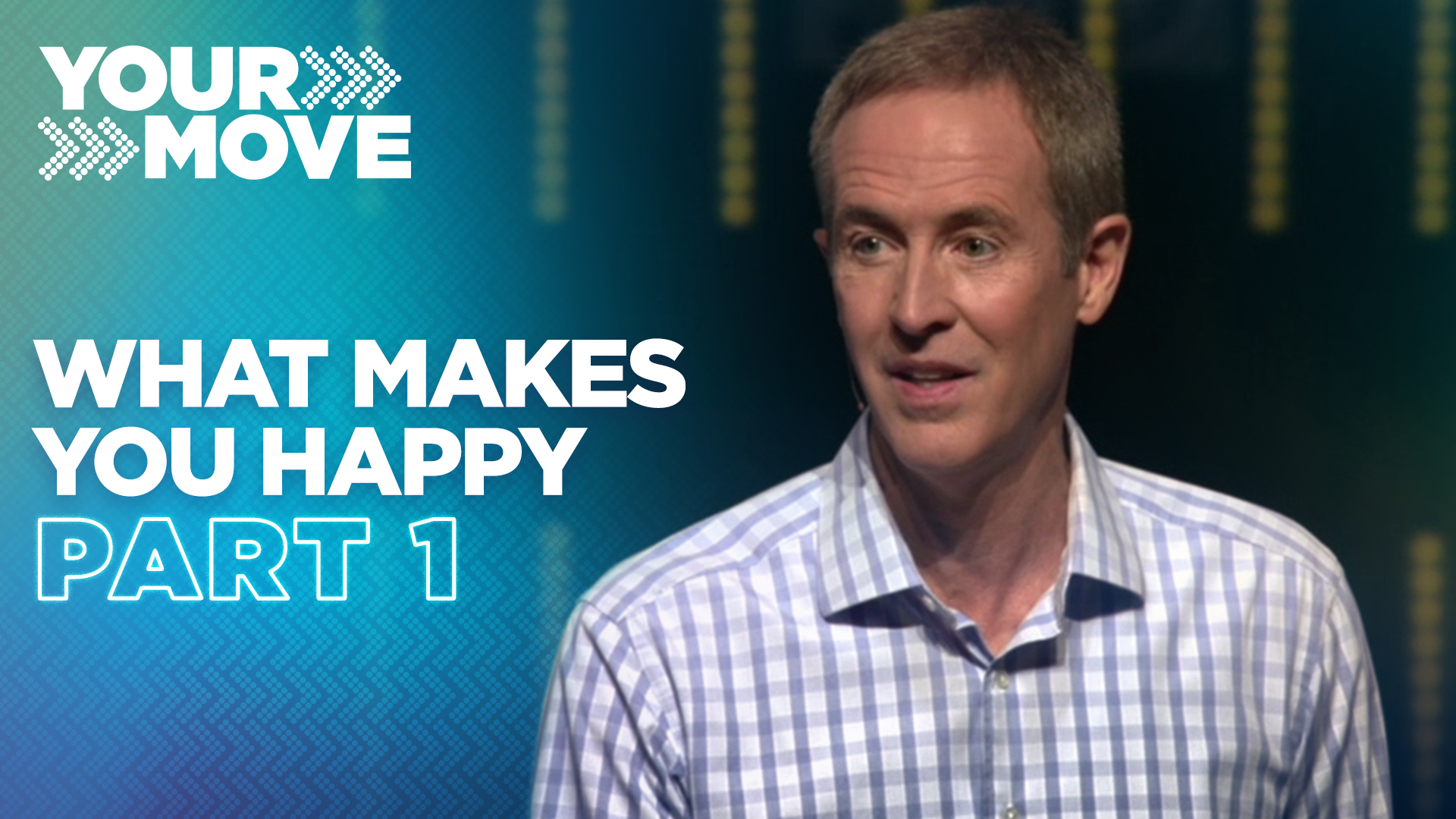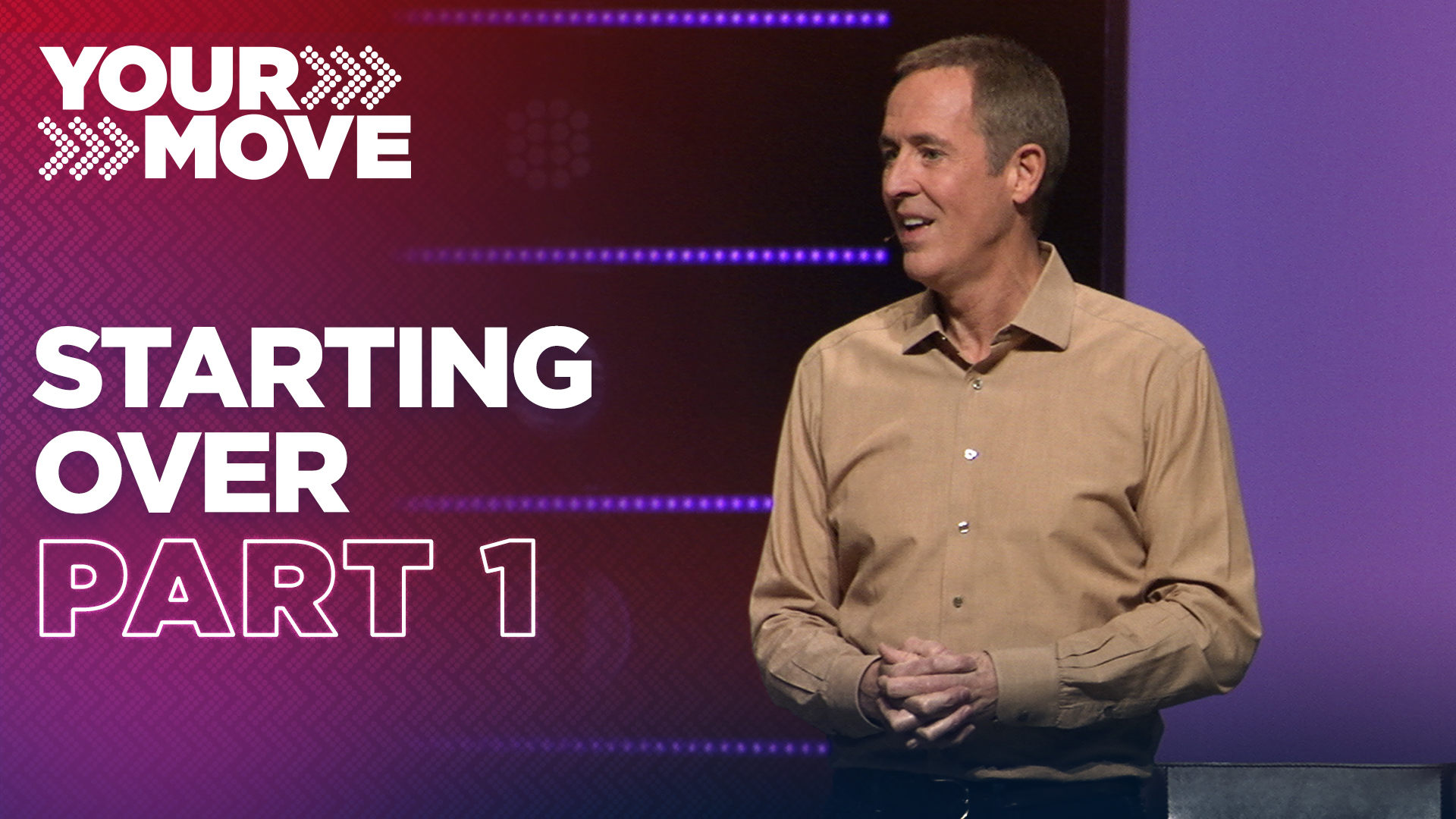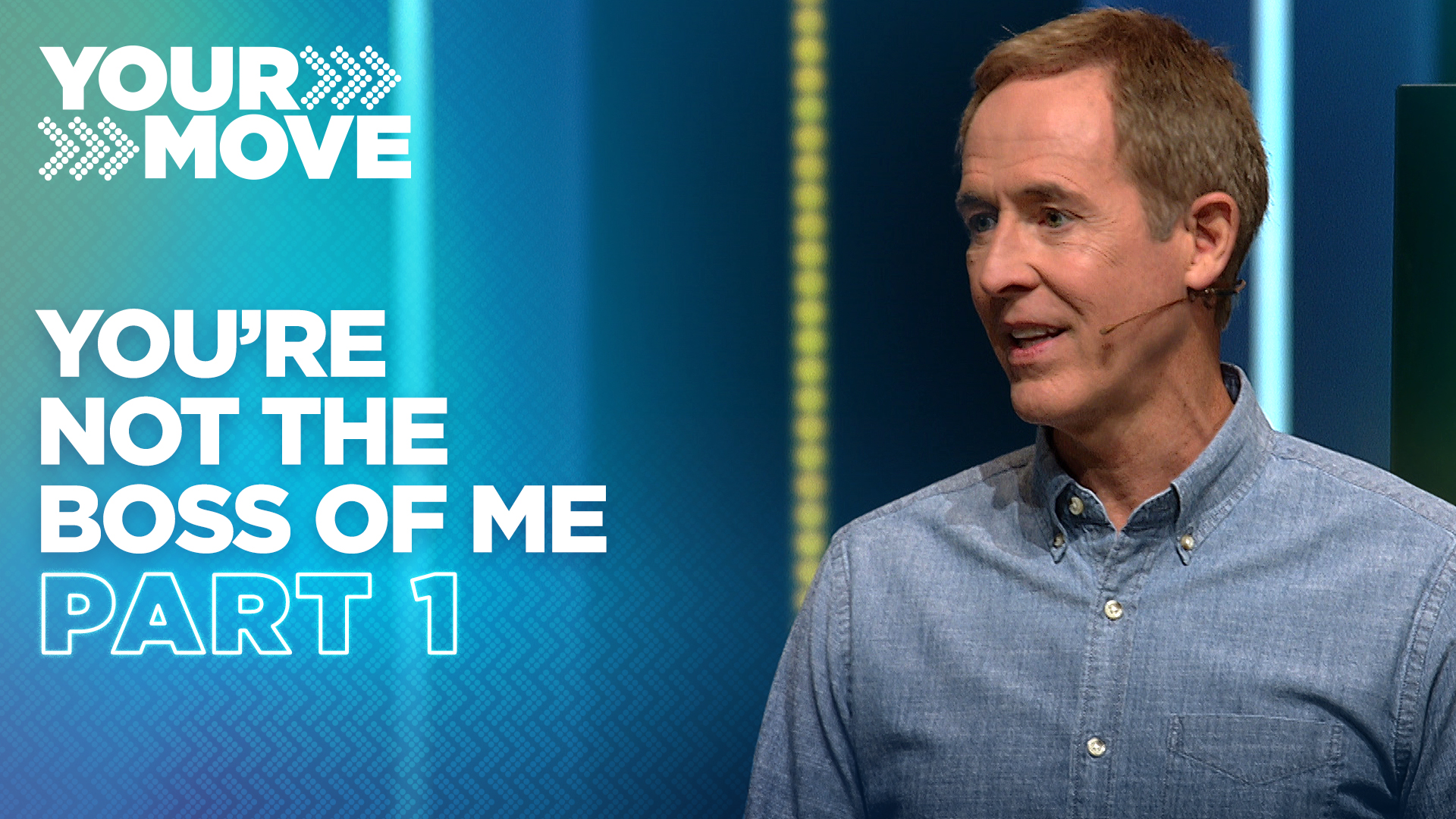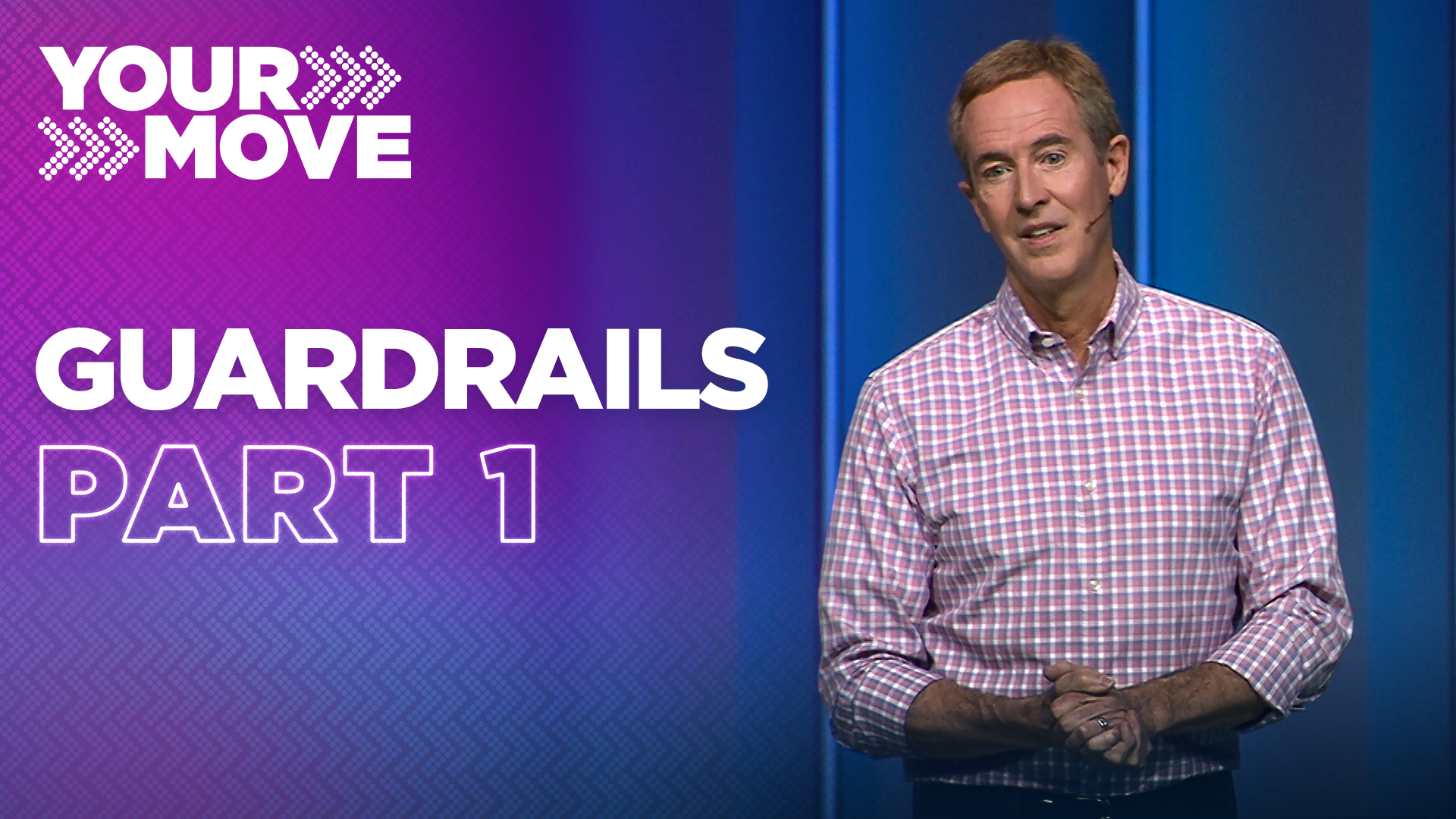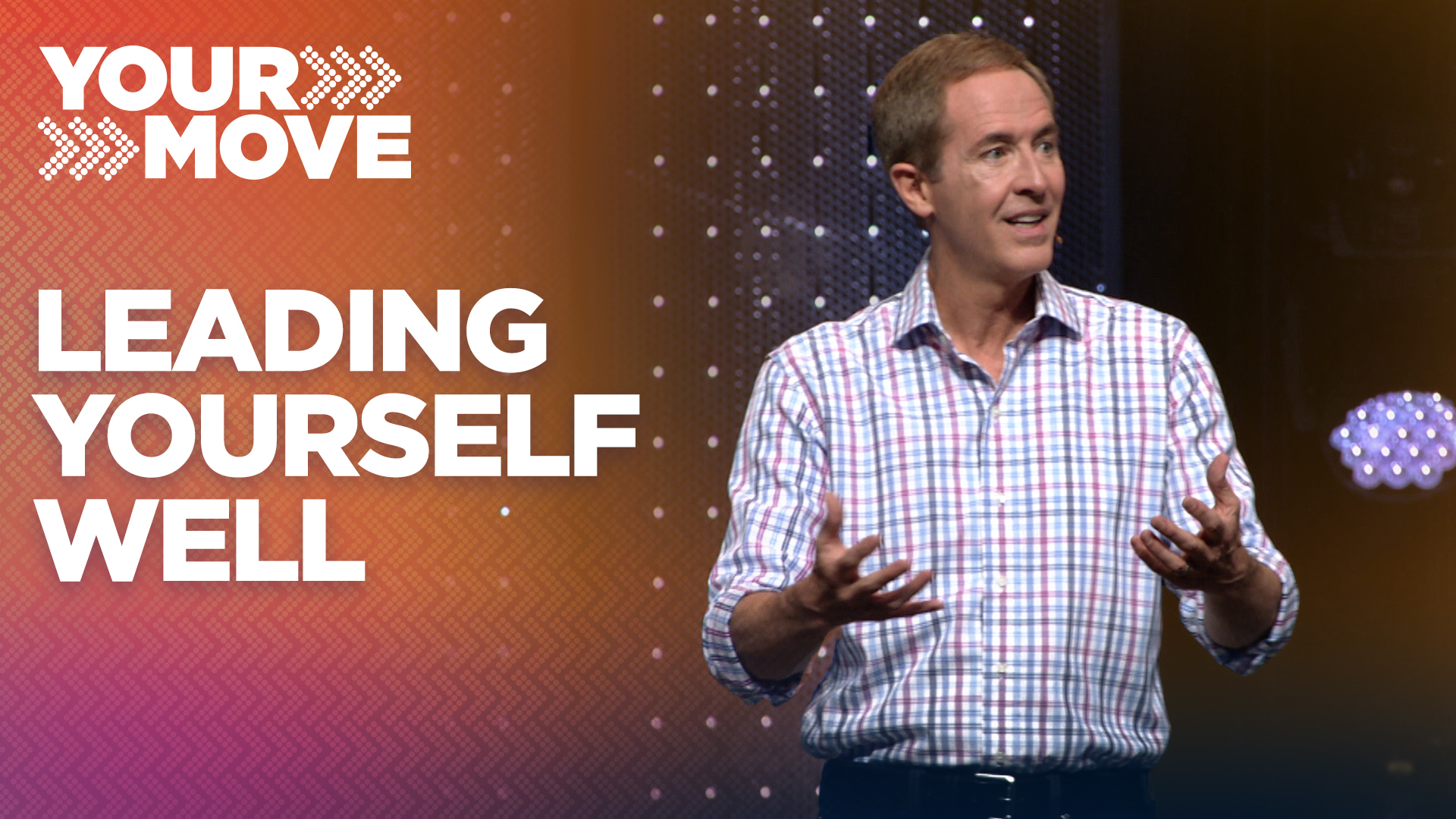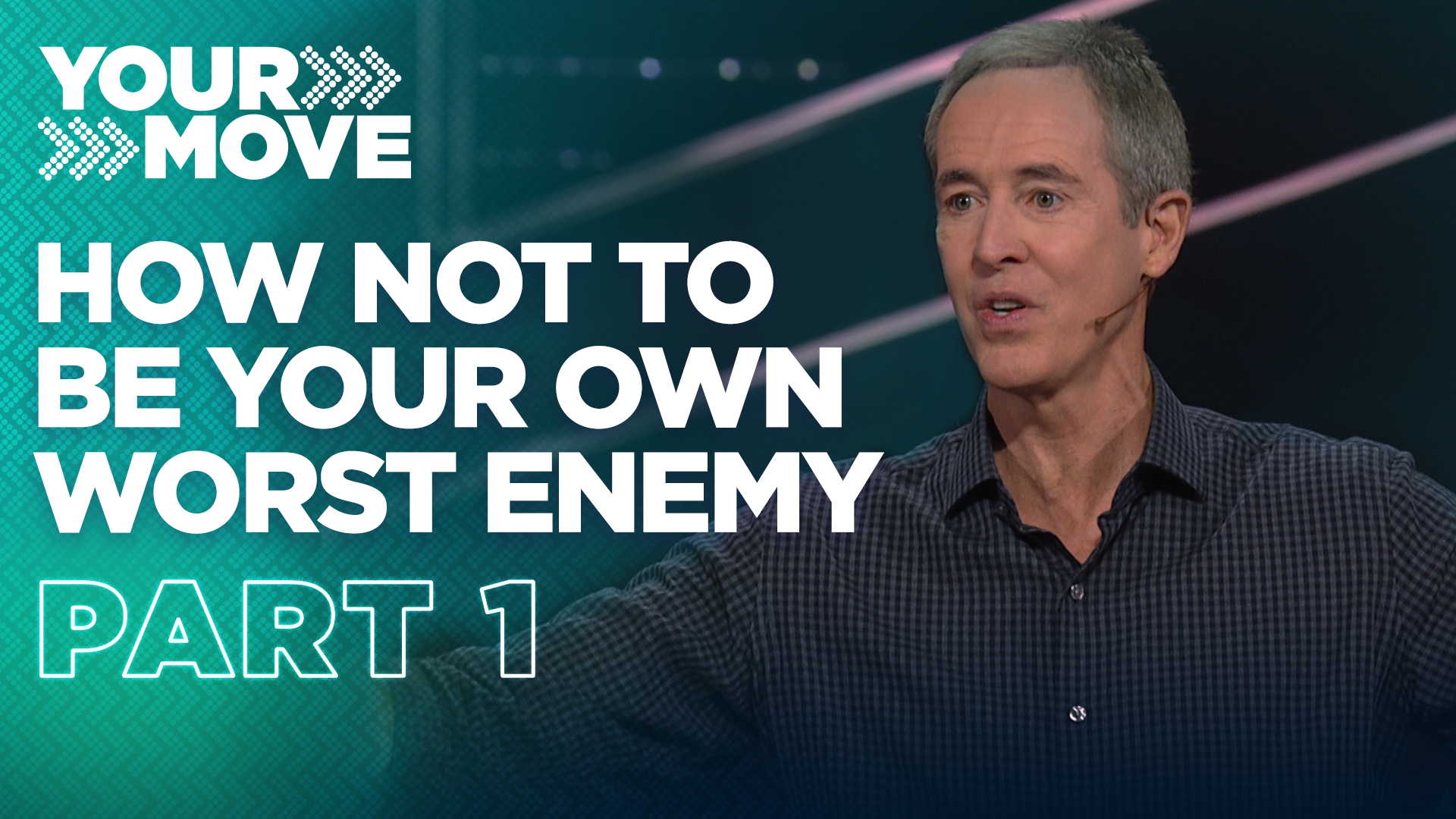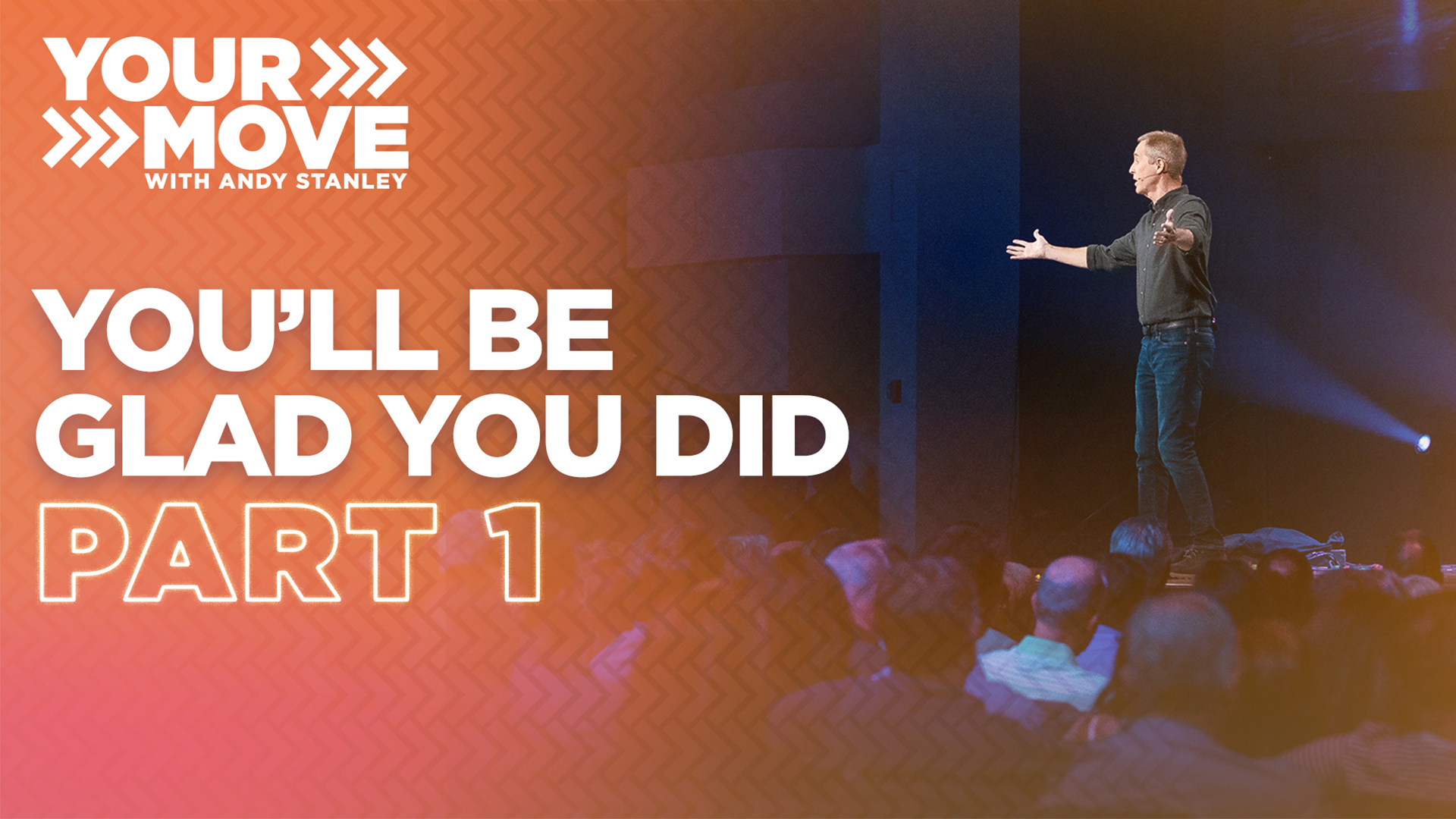I bet you’ve seen somebody do something and thought “If I did that, I couldn’t live with myself.” But the truth is, you could do the unthinkable and live with yourself… people do it all the time. But there are a few things you can do to ensure this doesn’t happen to you.
NOTE: The following content is a raw transcript and has not been edited for grammar, punctuation, or word usage.
So I wanna begin by talking about your favorite person, I don’t know who they are, but everybody has a favorite person. So I want you to think about your favorite person or maybe one of your favorite people, and this is somebody you know personally. And if they’ve passed away then it would be one of your favorite people in your life, and again, they may be living, they may not be living. But think about the person that you just think they were just the most fabulous person and they made such a dent in a good way in your life…
Again, they mean or they meant the most to you, made the biggest positive impact on your life. And of course, I’ve never met them, but I bet I know a few things about them that all of our favorite people have in common, they were or they’re not consumed with themselves. And the smaller or the more insignificant they tried to be, or the more humble they tried to be, they actually got larger in your estimation. And I don’t mean they had small personalities, this may be a person who had a really big personality, like they walked in the room and it’s like, the whole room lit up. But even with their large personality, somehow they didn’t make it about them, they were always able to reflect the goodness and whatever it was going on back on you or other people and maybe the best thing about them, the closer you got, the better they looked, the closer you got, the more authentic they became. There wasn’t duplicity, they weren’t faking it, the more time you spent with them, there was just goodness that was kind of through and through. And here’s something else about them that perhaps you haven’t thought about it in these terms, they did not live their lives like this, they lived or live their lives like this.
Today we’re wrapping up our series, this is the third part of this series, Living With Yourself, Three Habits To Safeguard Your Soul. Three habits to ensure that the self that you’re living with on the inside is actually the self that’s on display. Three habits to ensure that the closer people get, the more they realize that you are on the inside, how you project yourself on the outside. Habits to ensure that what people see is what they’re actually getting in a relationship with you, is what you’ve said throughout the series when news breaks about a public figure or a famous person, when it’s discovered they’re living a dual life. They had something going on that a spouse didn’t know about, they had something going on financially that was illegal that nobody knew about. And the story finally breaks and they’ve blown up their career, they blown up their family, they’ve undermined the security and the confidence people had in them.
We think or we say, “Wow, how could they live with themselves? I mean, how could they live with themselves and do that? How could they keep going with all of that going on? How could they go on with that going on in the background of their lives?” And the implication, when we think, “How do they live with themselves? How could they so consistently present themselves one way, when on the inside, they weren’t that way at all.” The implication is, well, if it was me, I certainly couldn’t live with myself, but as we have said throughout this series, actually, you could. You couldn’t live with your current self, but if left unattended, your your future self could be someone that you wouldn’t even recognize because… And this is kind of the overarching principle for this series.
The health of your soul… When we talk about a soul, we’re talking about your inner life, that part of you that only you know about. The health of your soul determines your capacity for duplicity, your capacity or your ability or your willingness and your ability to live two different lives or to be two different people. One person with this group, another person with this group, or in the point of this series, the ability to be one person on the outside and somebody completely different on the inside, the health of your soul determines your capacity for duplicity, it determines how wide the gap, this is important, it determines how wide the gap between who you are pretending to be and who you actually are, can grow or increase before your conscience just won’t let it go any further or any longer assuming there’s any conscience left.
And the truth is, and it’s hard for us to believe this, but the truth is, you have the potential and I have the potential to become someone we might otherwise despise if we were to meet them, we are capable of the unthinkable, we can do the unimaginable, and live with ourselves, people do it all the time. And do you know why they do it all the time? People do it all the time, because they don’t think it’s possible for them to do it all the time, the reason this happens is because nobody thinks this could happen, or specifically nobody thinks it could happen to them, but it could. In fact, the best way to keep it from happening is to assume that it could happen and then to take steps to prevent it from happening. And that’s what this series is all about, Three Habits To Safeguard Your Soul.
So today, habit three, and here’s where I wanna begin as we unpack this third habit. All of us, this is something we all have in common, all of us, we all desire someone… And you might not love this word, but it’s the word we’re gonna use. All of us desire someone’s applause, someone’s approval, someone’s attention, someone’s affirmation, someone’s love, someone’s desire. And this begins very early, it begins like this, “Daddy, watch this. Mommy, watch this. Daddy watch this. Mommy, watch this. Daddy watch this. Mommy and daddy,” remember like, “We just watched, you just did the same thing eight times in a row And I hate to tell you, that thing in you, that was in you as a kid, is still in you, is still… There’s something in you, there’s something in me that said, “Hey, did you see that? Did you watch it? Did you see? Did you see?” It’s just… It’s in us.
The problem is our recognition and affirmation bucket, it leaks, it leaks, that’s why your kid jumps off one time and you saw it and he’s like, “Daddy, you don’t have to watch anymore, I’m good, I’m full.” No, it just leaks, it just… It’s got lots of holes in it, I always need more, there’s never enough, it’s the nature of any appetite. Because no appetite is ever fully and finally satisfied, right? So what happens, and this isn’t anybody’s fault, this isn’t a bad thing, this is not a problem to solve, it’s just a tension we have to learn to manage over time in terms of affirmation and love, and all the stuff coming our way, we get accustomed to it, of course, we do.
After a while, we feel sort of entitled to it, like you kind of owe me that, and over time we become sort of dependent upon it, and we don’t even know this is happening, we’re unaware until we don’t get our usual share. We’re totally unaware, this is just life, we’re totally unaware and so we don’t get our usual share and then it’s like, “Oh, what’s wrong?” And we just feel like something’s slipping away, I mean, “They didn’t invite me this time, they invited me the last three times, I didn’t get invited this time.” That, she didn’t say she loved me this time. He didn’t say he loved me this time. They didn’t ask for my input this time, they didn’t call me for my advice this time. And all of a sudden, it’s like something’s kind of slipping away, and when it starts slipping away, whatever it is from whoever it’s slipping away from, that’s when our natural tendency is to cling to it, to strive for it, to fight to regain it, to stake our claim to do whatever we can to get it back.
And when you do that, and when I do that, people notice, they notice our striving, they notice our asking questions, they notice that we’ve noticed. And when that happens, you know what happens because you’ve done this to other people and suddenly they feel it slipping away and they start scraping and clawing for it and to get it back. When that happens, we step back from those people, the people step back from you and it begins to deteriorate our soul. And here’s what happens, and our hands begin to close to salvage and hang on and to save what we have left. Here’s the problem with that, it’s so natural, but here’s the problem, what you cling to, what we cling to, always diminishes, what we cling to always diminishes, and worse, clinging diminishes us, it makes us small.
The person you admire the most, that you know personally, the person that you admired the most, somehow they avoided this and they recognize what most people, I think, never realize or recognize, and certainly don’t embrace as a lifestyle. And they may not think about it or have thought about it in the terms we’re gonna talk about today, but they discovered a secret to life to keep their soul healthy, and it is a critical habit for those of us who want to preserve the integrity of our soul. And this idea that we’re gonna talk about is reflected in a single statement made 2,000 years ago by one of the most famous people who ever lived, this is something that I think about almost every day, maybe every day, I don’t wanna exaggerate, but I think almost every day.
And it’s so powerful, and I’m telling you, regardless of how old you are and the younger you are, if you could get hold of this, it’s so liberating, it will preserve the health and the integrity of your soul. But before I tell you the statement, I gotta give you the back story, so here’s the back story, this is so amazing. John the Baptist… This is… I love this word, John the Baptist appeared in the wilderness, this is the best word they could have possibly chosen out of nowhere, 2,000 years ago in the Judean Desert in the Jordan Valley… In the Jordan River Valley, I should say. I don’t know where this seemingly crazy man just appears seemingly out of nowhere, he’s kinda wild and crazy and he’s preaching, and he’s not preaching where the people are, he’s preaching where the people aren’t, and the people go to him.
And he’s preaching a specific message, he’s preaching a message of repentance for the forgiveness of sins, which is so offensive to religious people, because in Judea they had an entire institution to help you with forgiveness of sins, and it happened in Jerusalem in the temple. If you wanted to deal, get your conscience clear with God, occasionally you went to the temple, took an animal or took some grain or a pigeon or something, and you sacrifice something, and John the Baptist is like an entire day away, like a difficult day away, if you’re gonna travel to hear John the Baptist, and he basically, his message is this, these are my words, not his, “It’s broken, the whole thing is broken and it’s corrupt. And those of you who are leading it, you’re broken and corrupt, and you need to come down here in the middle of nowhere and get your heart right with God, this God is about to do something new, and if you don’t get your heart right, you’re gonna miss it.”
Now, here’s the most amazing part, okay? This is incredible, the text tells us, this is from Mark and Mark got his information from Peter, so they were eye witnesses. The whole Judean countryside and all the people of Jerusalem went out to John, now, let’s assume this is hyperbole. If 10% of the people in Jerusalem and 10% of the entire Judean countryside went out to John, tens of thousands of people flooded this area that is basically a barren desert with the Jordan river running through it.
And this goes on day after day after day, and he’s baptizing, no one had ever baptized another person before, “Okay, if I do this or like this it didn’t matter,” whatever your form of baptism, nobody had ever baptized somebody before, you baptized yourself, it was a ritual cleansing. And John the Baptist is manhandling people and saying, “Repent of your sins, because God’s about to… ” and they line up. I mean, it is like, what in the world is going on? And then again, to get to where John was baptizing was not an easy or a safe journey. So what happens, in Jerusalem, at headquarters, they hear of the disturbance in the force and so the leaders of the temple are like, “You need to go down there and find out what’s going on.” So they asked John outright, “Who are you, or who do you claim to be?” And he says, “I’m not who you think I think I am. That’s not who I am. I am not the Messiah, I’m the warm-up act, and I’m the warning act and go back and tell your bosses, they’re broken, the institution is broken, the whole thing’s broken, God’s done with it, but he’s about to do something new, and you need to come down here and get your heart ready.”
And the people went crazy, they loved it, and day, after day, after day, after day, and he would say, at the end of his messages, “Okay, don’t leave early, because after me… You think I’m something, after me comes the one more powerful than I,” I mean, he had drawn such an extraordinary group of people and an extraordinary large crowd. He was powerful politically, he was powerful religiously, he had combined the two things, you gotta be careful when you combine politics and religion, and he was at the epicenter of both with a brand new movement, and he says, “If you think this is something, if you think this is a big deal, I’m not even the main act, you wait till the real guy gets here, he’s more powerful than I, the straps of His sandals, this is how powerful He is. The straps of His sandals, I’m not worthy to stoop down and untie. What this means is, I’m not worthy to be his slave, much less his follower, or a servant or a disciple, I’m not worthy to be his slave. And by the way, you think this is a big crowd, you wait till he shows up.” Big deal.
Then the next day, so great, then the next day, John saw Jesus coming toward him, he’s baptizing or he’s preaching, he looks up, there’s a huge crowd, and there’s a little disturbance, a little break in the crowd, and then a little break in the crowd, and he looks up and he sees Jesus, and he stops. Everybody’s like… John says, “Look, look, I know that it’s me you’ve been coming to see to forget about life for a while.” He didn’t say that, “Look, it’s not about me. You think it’s about me. You think I drew this crowd for me, it’s not about me. It’s never been about me. I want you to look.” And then this next statement, I’m telling you, it just bounces off of us because of the culture we live in, this was earth- shattering, this was so crazy, no one even understood it in the moment.
“Look,” he says, “The Lamb of God, the Lamb provided by God… ” You’ve been to Jerusalem over and over and over from Galilee and from Judea, and you took your lamb, if you couldn’t afford to lamb you got something else, but you’ve been going year after year and your parents went year after year, and everybody’s going here after year to the temple to make a sacrifice to get right with the gods, and I’m telling you today, the final sacrifice, not for the Judeans and the Galilean, but for the whole world has shown up and it’s not an animal, it’s a person, and he has the power. I told you he’s more powerful than me, he has the power to… Literally the Greek text, to pick up and carry off the sins of the whole world. Imagine, if that were true. John was absolutely convinced, He was. And anybody who followed Jesus for the next two and a half years, absolutely convinced He was. That God had done something for the world, and was doing something for the world, just like God… Just like John promise that enormous crowd. Well, when he says this, he doesn’t have me there to elaborate, okay? He just says, “Look, the Lamb of God who takes away the sin of the world,” and it kinda goes right over their head, and then he realizes they’re not getting it. So he tries to explain it and he gets his words a little mixed up, he says, “Look, this is the one I meant when I said, a man who comes after me has surpassed me because He was before me.”
They’re like, “What?” He goes, “Yeah, this is who I said, “The man who comes after me has surpassed me because He was before me.”” Like, well, you have been in the sun a long time. Well, he’s like, “Hey, never mind. Just look.” And then things take an interesting twist, and this is where the story begins to intersect with my life, and I think it intersects with all of our lives, in fact, if you’re not a religious person or maybe of a different faith, or not a Christian, or you used to be one, this is where the story intersects with your life. The next day, the next day, John was there again with two of his disciples, and this is important to understand, John had his own disciples, in fact, John sent his disciples out into other parts of the world to preach the message that he was preaching. We know that because in the book of Acts, some of Jesus disciples run into these guys and they’re still preaching John’s message, it’s kind of funny, they’re like, “Yeah, we’re preaching about, one is coming. One is coming” and they say to them, “Oh, he already came anyway,” and then they’re baptized and become Jesus followers.
So John has sent people out with this message of repentance outside of Judea and outside of Galilee, because what God’s about to do is for the whole world, not just for the Judeans and the Galileans, so he has his own disciples that he’s training with this message. The next day John was there with two of his disciples, and when he saw Jesus once again passing by, he said, “Look,” didn’t even mention his name this time, I love this, “Look, the Lamb of God.” And when John’s two disciples that he brought up and trained, when John’s two… When the two disciples heard him say this, they followed Jesus and they unfollowed John. They started attending that other church, they went to work for that other company, started going out with that other guy, started hanging out with a different group, and they’re gone, now this really disturbed the John the Baptist fan club, ’cause he had… He’s got people, he’s got disciples and people and layers, and this has been going on for a while, they’re so disturbed and they come to his defense, they’re like, “Hey, John, don’t worry, don’t worry. Don’t worry, the other guy, He just tells confusing stories, this is not gonna catch on, okay? You just stay with what you’re doing, you’re doing the right thing and we can get through this. I don’t think it’s gonna catch on.”
Actually, here’s what they said, they came to John and they said, “Rabbi,” ’cause he’s a rabbi, like Jesus was a rabbi. “Rabbi, that man,” so They’re taking up his offense, “That man who was with you. You know what I’m talking about? The man who is with you on the other side of the Jordan, the one you testified about, look, He is baptizing. John, that’s your gig, that’s like your nick name. You invented this, you created this, nobody’s ever done this before, this is your thing, and he is copying you and everybody knows you’re the baptizer, worse than that, and everyone is going to him. You gotta step up your game because if you don’t, you may lose your entire following.” Now, what comes next is amazing, and what comes next, as I said earlier, is so liberating because John doesn’t fall for it, and John sees clearly, and what John says next is so liberating and so powerful.
It’s the phrase that I, again, it’s just part of my prayer time, it’s become a part of my vocabulary, has been for years, because this is the perspective that is so difficult to maintain, especially when we feel good things slipping away. But this is the way to live. This is how you safeguard your soul, this is how you live with less need to be in control. To this, John, replied, here it is, “A person can receive only what is given them from heaven. A person can receive only what is given them from heaven.”
This is the way to live. And it is not intuitive. And it is not easy. John the Baptist got this. But listen. Don’t answer these questions. These are rhetorical questions. Did you choose your family? Did you choose your IQ? Did you choose your body type? Did you choose your opportunities? and there’s no answer to this next question, how many variables are there, how many variables are there beyond your control that have determined who you are today? This is why there’s no room for pride ever, and there’s really no need to fear either, and there’s no reason to cling to. Because whatever gets placed in our hands ultimately was beyond our control to begin with, and John says, “Here’s how I live my life, a person can only receive, carry, hold what was given to them from heaven. So why would I lose my mind? And why would I lose my peace when heaven chooses to take it out”
Here’s his version, he says this, he says, “He, Jesus, must become greater. And I must become less. And if the only way for Jesus to become greater is for me to become less, that’s fine. Because that’s why I’m here.” A person can receive only what is given them from heaven for the purposes of heaven. And then he says this, again, it’s a little clunky. This next statement, we could spend 20 minutes on, there’s so much here, but I’m just gonna read it.
The one, he continues, the one who comes from above, Jesus, is above all. Got it. The one who is from the earth, talking about himself and everybody else but himself, the one who was from the earth belongs to the earth, and John really belonged to the earth. He was like the earthiest guy in the whole scripture, he’s one of the earthiest people who ever lived. He ate locust and wore wild animal furs, I mean he was earthy, earthy, earthy. And he’s like, “Goodness, talk about a contrast,” okay, the one who’s from heaven comes from above, and those of us who are on the earth that are earthy, we belong to the earth, and we speak as those who come from the earth. So if the one who comes from heaven chooses to remove something from me, who am I to complain? I’m not here to hang on to and to cling to, I’m here for the sake of and the glory of the one from heaven.
In other words, to use our vernacular. “Hey, disciples, friends, folks. Hey, it was fun while it lasted, but my 15 minutes is over, and I’m okay with that. And I’m not gonna fight it, and I’m not gonna close my hands to attempt to hang on to it.”
And that brings us to our third and final habit, which I don’t even need to state because now you know, first you submit your will, you monitor your heart, and then you open your hands and you leave them open. And every morning you declare I can receive only what has been given to me from heaven, there are too many variables to think that somehow I’m the king of the show, that I’m the top of the heap, that I’m a bigger deal than I actually think I am. And I’ll be grateful for everything that’s placed here, everything that comes my way, but I will not cling to what I cannot keep because that makes me small. I will not cling to what I cannot keep because that makes me self-centered. I will not cling to what I cannot keep, because that will rot my soul. Remember this, remember this, when you cling to what you cling to eventually decreases in value every single time. What you cling to ultimately decreases in value every single time. What you make available to others has the potential to multiply. Fear of loss. This is so important, this is hard for all of us, fear of loss, wars against our soul, because when we feel like we’re losing we start getting too intentional around all the wrong things, and it all revolves around us and we make a mess and our soul begins to atrophy, fear of lost, wars against your soul.
And you know what else wars against? Fear of lost wars against your happiness, close your hands and you shrink your capacity for happy. You see this, you’ve seen people who have so much, so much talent, so much opportunity, so much stuff, and they’re so ridiculously unhappy, and you think what’s wrong? I tell what’s wrong, it doesn’t matter what you have or don’t have, you close your hands around it, you become unhappy because your soul begins to wither. This is how God made us, he made us to live like this, and it’s not intuitive, but it’s better. You wanna be happy. You wanna be happy. Try to live like this. See what happens. Close your hands and you shrink your capacity for happy, we should fear, honestly, this is hard. We should fear the consequences of closing our hands more than the consequences of losing what’s in them, because open hands are a reminder of who it’s from. And when I make it the lifestyle of living with open hands, I’m reminded of not so much what’s in there, but who it ultimately comes from. As I’ve reminded you so many times, I’m gonna say it as long as you’re gonna give me a microphone to say, this is so important.
The value of a life, the value of your life, the value of my life, the value of your life, the value of a life is always measured in terms of how much of it was given away. Not how much of it was preserved. This is what it looks like to follow Jesus. This is why John the Baptist got it right? Is why Jesus said, “For even the Son of Man,” talking about himself, “For even the Son of Man did not come to be served, but to serve and to give my life a ransom for many, follow me, because this is the life of contentment, this is the life of joy, this is the life of happiness, this is the life that causes people to lean in and wonder what’s going on in the closer they get, the better you look.”


